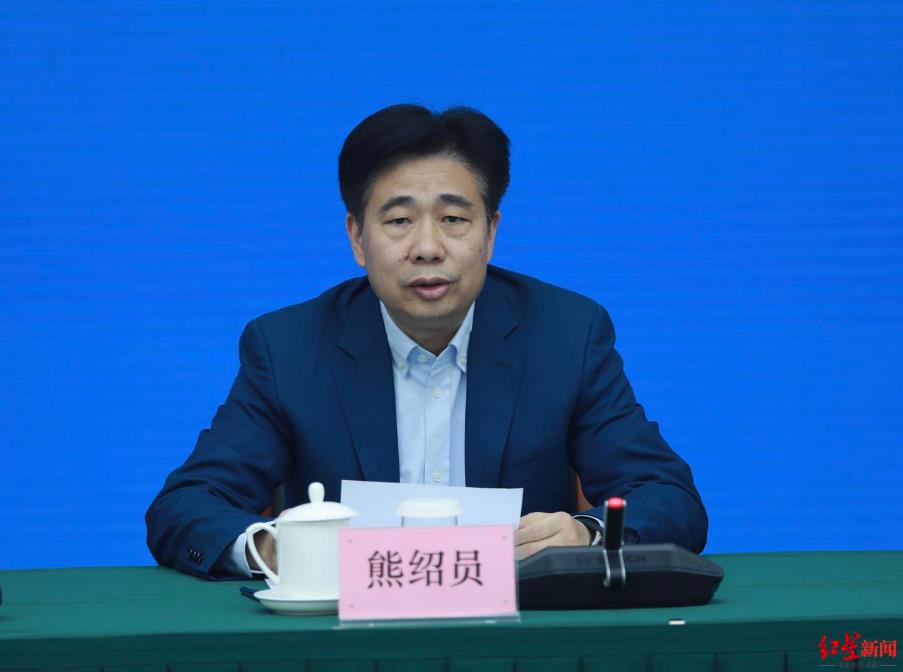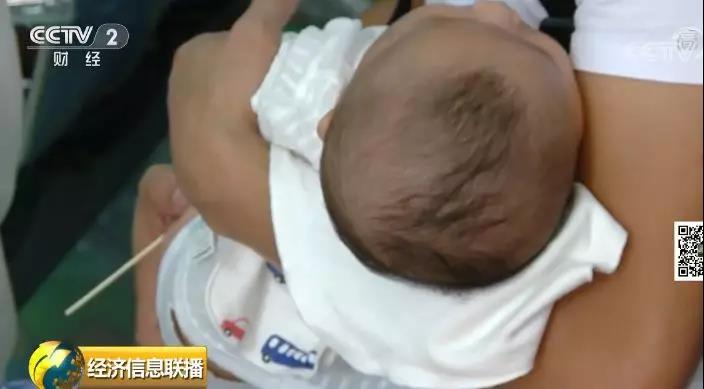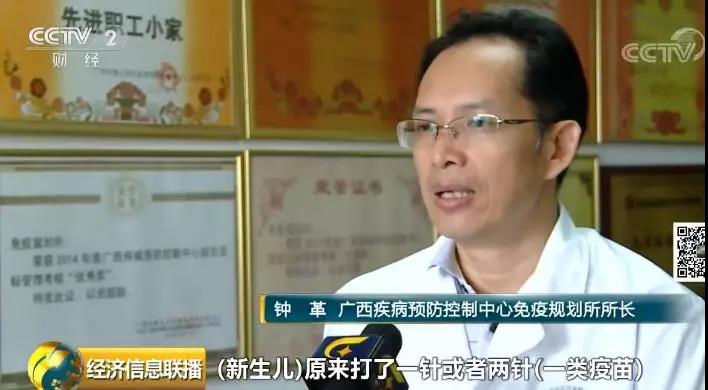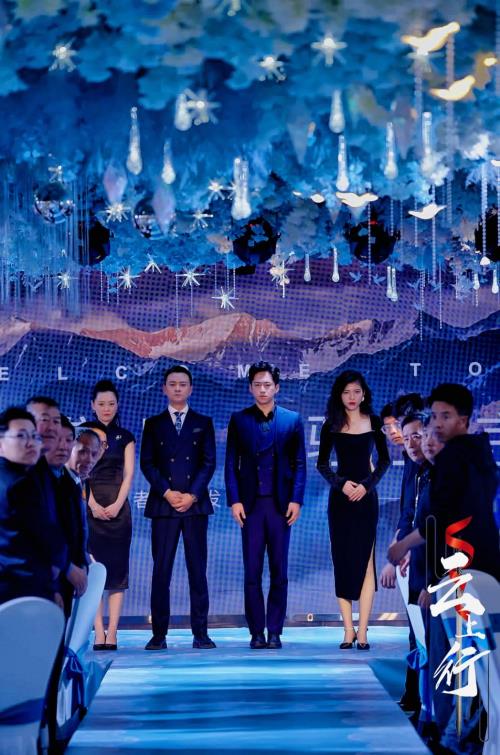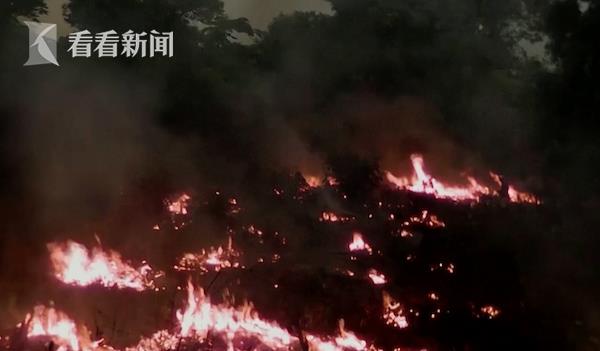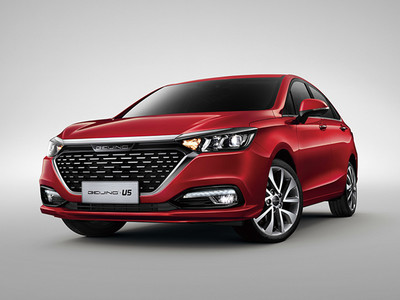Huawei-related topics are always one of the hot spots in the industry.
Recently, a chat record involving the dystocia of the first model of the Zhijie brand, which Chery cooperated with Huawei, quickly circulated on the Internet and continued to ferment. In the chat record, a netizen suspected of being a Chery employee directly pointed the finger at Huawei for the dystocia of Zhijie S7, and revealed that "the leader who has been working hard to promote cooperation with Huawei directly resigned."
Subsequently, the leader was confirmed as Han Biwen, deputy general manager of Chery Automobile Co., Ltd. and general manager of the manufacturing division. However, on January 31, the reason for Wang Chuan’s departure was denied by Chery’s spokesperson Jin Yibo: the cooperation between the two parties was smooth, and they were making every effort to promote the production and delivery of Zhijie S7, and they had invested more resources and would continue to deepen cooperation.
But this response does not seem to be recognized by the public.
The intellectual S7 is "far ahead" and "far away"
After questioning, M7 went against the trend and returned to the mainstream market after its listing, which made its new cooperation project Zhijie Automobile become the focus of public attention. However, in 2024, the delivery of the new M7 four-wheel drive version, the delayed delivery of Aouita 12 and the dystocia of Zhijie S7 made Huawei’s new models collectively face the delivery problem.
For the first two, whether it is CMO Li Pengcheng, vice president and chief marketing officer of Aouita Science and Technology, or all the suppliers visited by Gaspar, it is attributed to the fact that the sales of products far exceeded expectations, resulting in insufficient supply. "At present, the production capacity is climbing, and the supply shortage will be alleviated as soon as possible in the past two weeks." A practitioner who supplies the new M7 precursor parts in the world revealed to Gaspar.
However, compared with the sweet burden of the new M7 and Aouita 12, the intellectual S7 is still shrouded in gloom.
On January 15th, Zhijie Automobile issued a document on its official account, saying that the factory is making every effort to produce and ensure high-quality delivery. This subsidy is mainly for users who have made a decision between November 28th, 2023 and January 15th, 2024. They can enjoy the subsidy after waiting for more than 6 weeks, and they can get a maximum subsidy of 10,000 yuan in 200 yuan every day.
Previously, there had been a lot of rumors on related forums and social platforms that Zhijie S7 was delayed in delivery and not delivered in order. Just one week after the release of the above compensation plan, Gaspar learned from the relevant sales staff that the official promised delivery time has been extended from 6 weeks to 10-12 weeks.
On November 28th, 2023, Huawei released the first pure electric car-Zhijie S7 under the smart car selection business model, which is the first product of Zhijie brand and the first model of cooperation between Huawei and Chery under the smart car selection business model.
According to the latest news, as of the end of December, the large quantity of Zhijie S7 has exceeded 10,000, and the number of offline stores has exceeded 100 in a single day. However, according to the terminal data of Geshi Automobile Research Institute, in December 2023, the cumulative sales volume of Zhijie S7 nationwide was only 305, and according to the staff of Zhijie Automobile’s delivery center in Shanghai, there was only one centralized delivery in December last year, and there were no new cars afterwards.
Obviously, it seems difficult to copy and paste it on Zhijie S7 due to excessive sales and insufficient production capacity. You know, compared with the manufacturing strength of Cyrus, the new "Intelligent Networked Super Factory No.2" built by Chery has a planned annual production capacity of 500,000 vehicles, which makes it hard to believe that Zhijie S7 will be difficult to produce.
In this regard, the senior analyst of Gaspar Automotive Research Institute believes that instead of the high centralization of Huawei in software, it is more inclined to the imbalance of production rhythm between the two parties after the release of new cars, the yield of supply chain parts in mass production of new technologies and the insufficient preparation of the production line of the automobile factory are all reasons for the delay in mass production of Zhijie S7.
The rumor that "Huawei has no basic respect for Chery" may not be groundless. Some insiders pointed out to Geshi Automobile that in the car-making business, Huawei really wants to dominate the whole process of new cars, but in cooperation with enterprises with scale advantages such as Chery and Changan, they also don’t want to be only supporting roles, and conflicts in product dominance and management styles and cultures of different companies are inevitable.
The success of asking the world may be difficult to replicate.
As we all know, with more than 30 years of profound accumulation in the ICT field, Huawei has cut into the car track in three modes: standardized parts suppliers, HI mode and HarmonyOS Zhixing, and the cooperation has gone from shallow to deep.
Among them, HI mode is provided by Huawei with full-stack smart car solutions such as intelligent cockpit, intelligent driving and intelligent Che Yun, such as the cooperation of BAIC Extreme Fox and Aouita brand; In addition to providing parts and solutions, HarmonyOS Zhixing will also fully participate in product design, brand building, sales channels and other aspects, such as the cooperation with Cyrus, and so on.
According to Yu Chengdong’s plan, Huawei’s automobile business unit (Car BU) plans to make a profit in 2025, so as to change the situation that "Car BU is Huawei’s only loss-making business". To achieve this goal, it is necessary to ensure that the cumulative sales volume of HarmonyOS Zhixing and HI mode reaches 1 million vehicles.
It is worth noting that according to the terminal data of Geshi Automobile Research Institute, in 2023, the cumulative sales volume including Aouita 11/12, Wenjie M5/M7/M9 and Zhijie S7 was only 114,000.
This means that Huawei BU must accelerate the pace of implementation this year. On January 16th, the day after HarmonyOS Zhixing implemented the compensation scheme of Zhijie S7, a wholly-owned new company, Huawei Car BU, was formally established. On the same day, the joint venture between Huawei and Changan also made new progress. Changan Automobile revealed that the new joint venture between Changan and Huawei was tentatively named "Newcool".
As for Yu Chengdong, Huawei will also cooperate with BAIC and JAC respectively in HarmonyOS Zhixing business after consulting with the intellectual community. The brand of cooperation between Huawei and BAIC HarmonyOS Zhixing mode is determined as "enjoying the world", and the first model is positioned as a medium and large car, which will be officially released before the Beijing Auto Show in April; The brand of HarmonyOS Zhixing, which cooperates with Jianghuai, is designated as "Aojie", and the first car will be released in Q4, 2024, which is a million-level product.
According to the latest news, as of January 28th, the cumulative sales volume of vehicles in the car industry in January has exceeded 28,000, setting a new record for the highest monthly sales volume. According to the data on January 9th, the cumulative delivery volume of the new M7 has reached 48,552 vehicles, and the cumulative sales volume has exceeded 120,000 vehicles. It is worth mentioning that, in addition to the new M7, the two models of the AITO series, the M5 and M9, have also received much attention. With the launch of mass delivery of the M9 and the launch of the new SUV model M8, it is expected to further promote the sales of the M 9 brand to a new high.
Therefore, to a certain extent, S7, the first model of Zhijie brand, has become the key to whether Huawei’s HarmonyOS Zhixing model can win the cooperation between car companies.
However, in the view of senior analysts of Gaspar Automotive Research Institute, the core sales source of HarmonyOS Zhixing model in the future will still be the contribution of the products that have cooperated with Cyrus, and it is also Huawei’s most "obedient" and recognized partner in this model, and the products of other enterprises may not have much sales performance. "The delay in the delivery of the intelligent S7 will inevitably affect the user’s car purchase choice, which in turn will affect the confidence of cooperation between the two parties."
Zhu Huarong, the chairman of Changan Automobile, who established a new joint venture with Huawei, is even more outspoken in his resistance to HarmonyOS Zhixing. He stressed that Changan must have its own brand and choose Hi mode because it conforms to the national industrial policy. The implication is that under the HarmonyOS Zhixing model, the division of labor between Huawei and car companies is unclear, which may lead to problems in the protection of rights and interests in the process of users using cars.
There is a clearer positioning, which is the insistence of Changan Automobile, and I believe it is not just the insistence of Changan Automobile.
In tHis context, the above analysts believe that hi mode will still have enterprises to adopt cooperation, especially domestic car companies, mainly to complement their intelligent shortcomings and learn from the organization and management of Huawei IPD. In addition, Huawei Car BU Yinwang Technology Co., Ltd. has a very large room for growth in the future by binding car companies to create an "ASML model" in the smart car ecosystem.
As mentioned earlier, Huawei’s circle of friends continues to expand rapidly. If all goes well, it is not out of reach to achieve the goal of one million vehicles in 2025. However, the success of the world of inquiry has not made all brands resolutely hand over the dominant position like Cyrus, and the constant disputes in the intellectual world have made Huawei’s future in the last three "circles" full of uncertainty. How to balance the needs and cooperation of different car companies may become a more critical focus of Huawei HarmonyOS Zhixing in the future than expansion. (Garcia)
